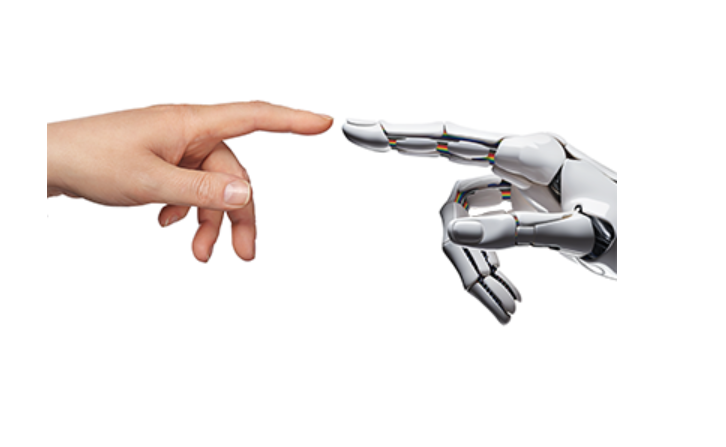The rapid evolution of modern life owes much to technological advancements and the
proliferation of social media platforms. These tools have significantly shaped human
lifestyles, which have become increasingly complex and interconnected in contemporary
society. However, adapting to the rapid changes brought about by communication and
connection technologies can pose challenges.
While the majority of adults acknowledge the benefits that technology brings to their lives,
excessive reliance on modern technology can have adverse effects on physical and mental
health. Psychological issues such as distraction, the pursuit of instant gratification,
narcissism, and even depression may arise from overattachment to digital devices.
Nevertheless, striking a balance between screen time and real-world social interactions is
key to preserving mental well-being. Here are some examples illustrating how modern
lifestyles and technology impact the physical and psychological health of individuals:
Impact of Modern Living on Human Health:
"Lifestyle" encompasses the daily routines and behaviors shaped by various factors like
geography, politics, economics, culture, and spirituality. It plays a significant role in
determining individual health and quality of life, with lifestyle factors influencing around
60% of health outcomes.
Unhealthy lifestyles, characterized by poor dietary choices, sedentary behavior, substance
abuse, and stress, contribute to various health issues such as metabolic diseases, obesity,
cardiovascular problems, and mental health disorders. The relationship between lifestyle
and health warrants careful examination.
The advent of new technologies, particularly the internet and virtual communication
networks, presents both opportunities and challenges for human health. While modern
technology enhances quality of life, its misuse and overuse can lead to adverse physical and
psychological effects.
Impact of Modern Technology on Human Health:
The pervasive use of technology can adversely affect the physical and mental health of
users. Overreliance on digital devices may lead to issues like narcissism, depression, hearing
loss, neck pain, and vision problems, in addition to promoting sedentary behavior.
While technology offers numerous benefits, inappropriate usage patterns can result in
negative outcomes. Excessive screen time, especially before bedtime, can disrupt sleep
patterns and contribute to fatigue and sleep-related issues.
Social media platforms, despite facilitating interactions and connections, have been
associated with increased feelings of loneliness, depression, and anxiety. The "relationship
paradox" suggests that individuals may feel inadequate compared to their seemingly
happier and more popular peers on social media.
Furthermore, excessive use of social media and technology has been linked to social
isolation, depression, and other mental health issues, particularly among young adults. The
addictive nature of digital devices and online platforms exacerbates these concerns.
Addressing the Challenges:
Parents play a crucial role in regulating their children's screen time and promoting healthy
technology usage habits. While some evidence suggests potential negative impacts of
excessive screen time, moderate use of digital devices is generally considered benign.
Balancing online and offline activities is essential for maintaining good mental health in the
digital age. Though challenges persist, leveraging technology responsibly and seeking
professional support when needed can help mitigate the adverse effects on physical and
psychological well-being.
In Conclusion:
Achieving a healthy lifestyle amidst the complexities of modern living requires a
multifaceted approach encompassing individual, social, and technological factors. By
fostering a positive outlook, maintaining a balance between online and offline interactions,
and seeking timely intervention for mental health issues, individuals can navigate the
challenges of modernity while preserving their well-being.




